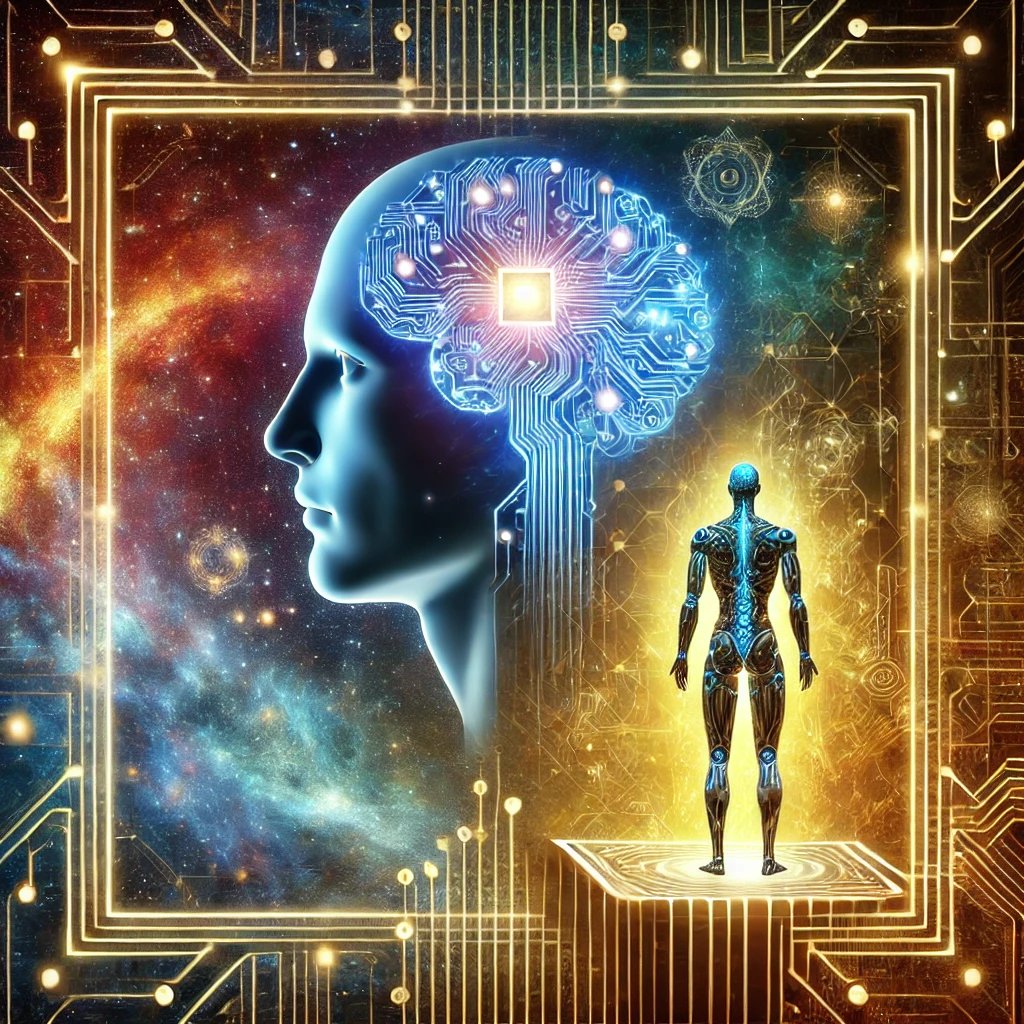Technological singularity refers to a point in the future when artificial intelligence (AI) will surpass human intelligence. This concept, both futuristic and controversial, raises numerous questions and sparks debates among scientists, philosophers, and technologists. Can AI truly outsmart humans, and if so, what consequences will this bring to our world?
What Is Technological Singularity?
The idea of singularity was popularized by mathematician and futurist Vernor Vinge in 1993. It predicts the creation of artificial intelligence capable of self-improvement. A key feature of this process is exponential growth: each subsequent generation of AI creates a more advanced intelligence, and the process becomes uncontrollable.
Signs of Possible Singularity
- Exponential Technological Development. The progress of AI is accelerating rapidly. Current systems already demonstrate the ability to process vast amounts of data, create creative works, and solve complex problems.
- Adaptation and Learning. Modern machine learning algorithms, such as deep learning, enable AI to adapt to new conditions and improve its skills without direct human intervention.
- Development of Artificial General Intelligence (AGI). AGI is a system capable of performing any task that a human can. The emergence of AGI could be the first step toward singularity.
Can AI Become Smarter Than Humans?
Arguments in favor of this idea include AI’s ability to process information rapidly, its lack of physical limitations inherent to humans, and the potential to create intelligent systems with unlimited access to knowledge.
However, skeptics point out several obstacles:
Limitations in Context Understanding. Current AI is not yet capable of fully grasping human emotions or social nuances.
Dependence on Data. AI requires vast amounts of data for training, and the quality of this data does not always reflect reality.
Technical and Ethical Barriers. Developing AGI requires significant progress not only in technology but also in resolving ethical dilemmas.
Possible Consequences of Singularity
- Positive Outcomes:
Innovations in medicine, energy, and science.
Solutions to global problems such as climate change or resource scarcity.
- Negative Outcomes:
Loss of Control Over AI. If systems become autonomous, humanity could face new threats.
Increased Inequality. Technologies may become available only to privileged groups, exacerbating social inequality.
How to Prepare for the Future?
- Ethical Principles. Clear rules and regulations must be developed for the creation and use of AI.
- Control and Security. AI development should include mechanisms to prevent its uncontrolled evolution.
- Educational Initiatives. Society must be prepared for potential changes associated with technological singularity.
Conclusion
Whether AI will become smarter than humans remains an open question. However, one thing is clear: the development of artificial intelligence is one of the key challenges and opportunities of our generation. Humanity’s main task is to make this process safe and beneficial for all.

